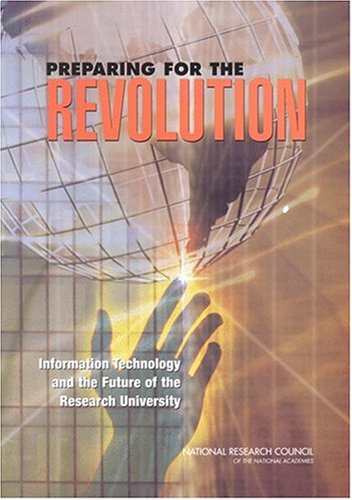

Most ebook files are in PDF format, so you can easily read them using various software such as Foxit Reader or directly on the Google Chrome browser.
Some ebook files are released by publishers in other formats such as .awz, .mobi, .epub, .fb2, etc. You may need to install specific software to read these formats on mobile/PC, such as Calibre.
Please read the tutorial at this link: https://ebookbell.com/faq
We offer FREE conversion to the popular formats you request; however, this may take some time. Therefore, right after payment, please email us, and we will try to provide the service as quickly as possible.
For some exceptional file formats or broken links (if any), please refrain from opening any disputes. Instead, email us first, and we will try to assist within a maximum of 6 hours.
EbookBell Team

5.0
28 reviewsThe rapid evolution of information technology (IT) is transforming our society and its institutions. For the most knowledge-intensive entities of all, research universities, profound IT-related challenges and opportunities will emerge in the next decade or so. Yet, there is a sense that some of the most significant issues are not well understood by academic administrators, faculty, and those who support or depend on the institution's activities. This study identifies those information technologies likely to evolve in the near term (a decade or less) that could ultimately have a major impact on the research university. It also examines the possible implications of these technologies for the research university?its activities (learning, research, outreach) and its organization, management, and financing?and for the broader higher education enterprise. The authoring committee urges research universities and their constituents to develop new strategies to ensure that they survive and thrive in the digital age.